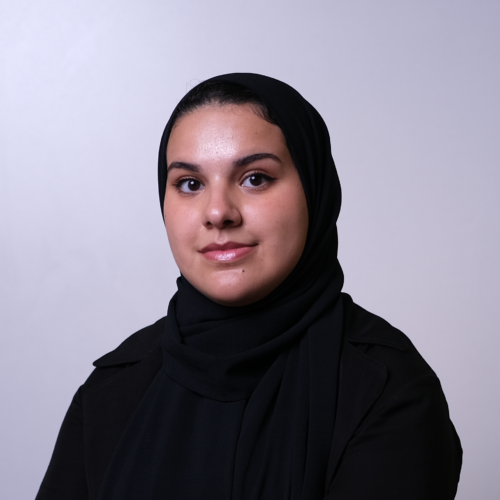Amel Sassi

Amel Sassi
2023 3MT Finalist
Department of Biomedical Engineering
Tell us a bit about yourself.
My name is Amel Sassi, and I am a first-year year master’s student in the department of Biomedical Engineering. I did my undergraduate degree at the University of Western Ontario in Medical Sciences, where I built a strong foundation in the biological and physical aspects of health care. By my third year, I realized that I wanted to apply this knowledge towards developing new technologies and innovations and go far beyond the realms of physiology. By pursuing a master’s degree at the University of Toronto, I now get the chance to combine my interests in medicine and engineering, and work alongside incredible peers and faculty members to develop cutting-edge medical devices, possible treatments and solutions.
What are you researching?
My current research project concentrates on the development of a novel “bone-on-a-chip” model to study how prostate cancer cells invade into the bone. Namely, this 3D model of the bone will incorporate all relevant bone cells and subject the cells to mechanical properties that are like normal physiological processes. This device can then be used to examine how prostate cancer cell invasion is impacted by existing therapies such as chemotherapeutic drugs.
What impact do you hope to have on your field and / or your community?
Traditionally, studying bone cells and tissues has been very challenging due to their complex and dynamic nature. But my current project, the creation of a bone-on-a-chip model, has the potential to revolutionize bone research and medicine. With this device, we are hoping to simulate the bone microenvironment in a controlled and reproducible manner. In doing so, the model can then be used to test potential drug therapies on bone cells, leading to the discovery of new treatments and personalized-medicine approaches for patients with cancer. Additionally, its creation may also reduce the need for extensive animal testing and allow for accurate and efficient toxicity screening methods for new drug candidates.
How has the 3MT helped you with your professional development?
The 3MT has challenged me to communicate my research concisely and also provided me with the opportunity to improve my public speaking and presentation skills. Through the many stages of the competition, I learned how to convey complex ideas to a lay audience in an engaging manner. For many graduate students, their thesis is often composed of very complicated procedures and intricate details. When you have the chance to relay all that information in three minutes, it allows you to think critically about the relevance of your project.
Additionally, the competition has allowed me to network with fellow researchers and be part of an amazing and supportive group of individuals who have been able to provide me with valuable feedback on my research! So I would say it has been an instrumental component of my professional development. I feel it has equipped me with many skills and experiences necessary for success in academia and beyond.